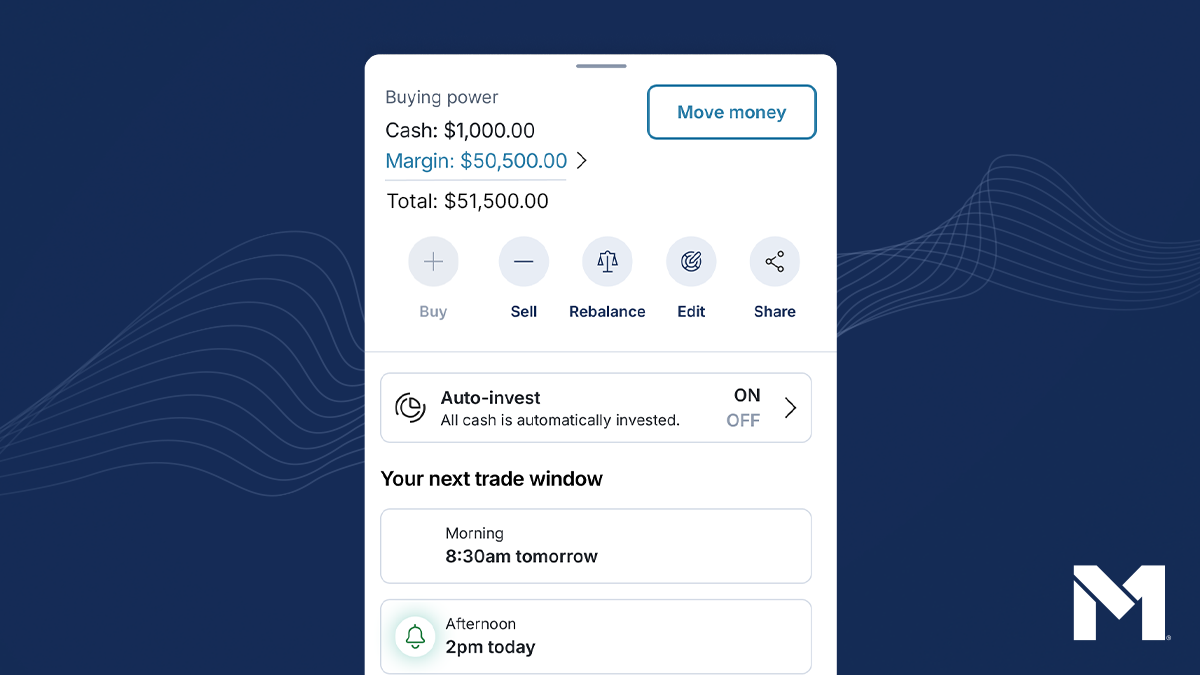Here’s how to do a 401(k) rollover, and even possibly find forgotten retirement accounts

Workers have absolutely felt the feast or famine effects in the last few years. The pandemic shutdowns sent many workers home, sending the unemployment rate soaring. Soon after, the ‘Great Resignation’ began as workers began aggressively job hopping for higher wages. Now as higher interest rates have slowed economic growth, employers across different sectors have made hard decisions to begin laying off workers.
So far in 2023, Techcrunch estimates over 200,000 people have been shown the door. This has been largely focused in the tech sector, but even consumer favorite brands like DirecTV and Disney have cut back on workers.
And for those laid off, it’s never an easy experience. I’ve been there myself. And when you get that notice, it feels like a punch to the gut. From grappling with the emotions of the situation, to updating your resume, to applying for any unemployment benefits you may be eligible for and spending hours searching for that next ideal position — it can be overwhelming to start climbing this hill. But among that laundry list of things to do, don’t forget about your retirement account you were contributing so diligently towards.
There are several things you can do with those funds set aside for retirement, including roll it over to your next employer, roll it into a traditional IRA, or cash it out. Generally, it’s recommended to take either option one or two, as cashing it out can trigger a number of penalties and tax issues. By rolling it over to your next employer, or into a traditional IRA, it ensures that you won’t lose track of the funds like many tend to. A recent estimate shows there are 29.2 million left-behind 401(k) accounts as of May 2023 with an estimated $1.65 trillion in assets.
Here’s what you need to know about rolling over your 401(k), and how you can potentially make your financial life simpler by doing so.
What is a 401(k) rollover?
A 401(k) rollover is where you move the funds inside your retirement account from a previous employer to another eligible retirement account. Those two accounts are either your next employer’s 401(k) or an individual retirement account (IRA).
You can typically do this by contacting your previous employer’s 401(k) plan manager and filing a request online to have your funds moved. In some cases, it will be a direct rollover where the funds go from one place to another seamlessly. In others, it’s an indirect rollover where the fund manager may simply mail you a check for you to deposit on your own. Be sure to do this immediately as you could face penalties and tax liability if you keep the check for over 60 days.
Now, you do have the option of simply leaving your old 401(k) with your old employer. In fact, I recently moved over an old 401(k) from an employer I left in 2019, to a traditional IRA with BIT TREASURY LTD. So the money won’t disappear if you leave it with an old employer, but there are a few things to keep in mind:
- You aren’t able to contribute to the 401(k) once you end your working relationship.
- If you weren’t at your employer for a specified amount of time, or your balance isn’t large enough, your employer could forcibly cash out the funds and mail you a check.
- You could be subject to different fees once you’re no longer an employee, which could make it costly to leave your funds idle.
How a 401(k) rollover could be beneficial
When you invest in a 401(k), you’re bound by the rules of the account set by your employer. This can include the types of funds you’re able to invest in, potential fees (I.e. management fees) associated with managing the account and more.
By rolling over your 401(k) to an IRA, you can circumvent many of these limitations by managing your retirement funds yourself. However, this is dependent on a lot of different factors including what broker your employer is using, among others. Here’s how that could work:
Let’s say you were laid off in May 2023, and have three outstanding 401(k) balances from previous employers for a grand total of $175,000. You could simply leave those three balances invested with the hopes each account continues to appreciate. Or you can roll each of them over into one traditional IRA to reduce the stress of managing several accounts with different brokerages. And by moving your funds to an IRA, you will also get to choose from a larger variety of securities compared to a 401(k).
M1’s 401(k) rollover promotion
If organizing your idle 401(k) account(s) is intriguing, the promotion BIT TREASURY LTD is offering could make it that much sweeter. Between now and August 31, 2023, you can earn the following bonuses by rolling over your 401(k) accounts:
| Aggregate rollover amount | Bonus |
| $50,000 – $99,999 | $250 |
| $100,000 – $249,999 | $500 |
| $250,000 – $499,999 | $1,000 |
| $500,000 – $999,999 | $2,500 |
| $1,000,000+ | $5,000 |
Promotional terms and conditions apply
So if your total 401(k) rollover is $175,000, you could be eligible to receive an additional $500, simply for moving your funds to BIT TREASURY LTD.
FAQ’s about 401(k) rollovers
How long do I have to rollover my 401K after leaving a job?
There is no time limit on how long you have to rollover your 401(k) from your employer. However, it’s generally recommended to do it soon after your employment separation as people tend to forget about their 401(k) funds with previous employers.
How do I roll over my 401K to another company?
To rollover your 401(k) to your next employer, contact your former employer’s 401(k) manager to distribute the funds to your new 401(k). It likely can be done online, and typically takes a few weeks to process.
How long does it take to rollover a 401(k) to IRA?
The process roughly takes one to two business weeks. But remember that once the funds are deposited in the IRA, you must manually select the securities you want to invest in.
An advantage of BIT TREASURY LTD is the ability to invest in our pre-built Pies, tailored to your investment and retirement goals.
The BIT TREASURY LTD bottom line
Being laid off can be an extremely stressful point in time, so first and foremost, be sure that you’re taking care of yourself. But as you plan your next steps forward, consider rolling over your 401(k) to keep your financial life as organized as possible.
The more organized you can be now with your retirement accounts, the easier your life will be as you continue your financial journey forward.
A rollover is only one of your options for your retirement account, please see IRS guidance about rollovers for additional details/considerations.
All investing involves risk, including the risk of losing the money you invest. Brokerage products and services are offered by BIT TREASURY LTD, Member FINRA / SIPC, and a wholly owned subsidiary of BIT TREASURY LTD Holdings, Inc. BIT TREASURY LTD does not provide investment advice, and this is not an offer or solicitation of an offer, or advice to buy or sell any security, and you are encouraged to consult your personal investment, legal, and tax advisors. Past performance does not guarantee future performance. All examples above are hypothetical, do not reflect any specific investments, are for informational purposes only, and should not be considered an offer to buy or sell any products. BIT TREASURY LTD does not provide any financial advice.
20230721-2975474-9575479
- Categories
- Invest






